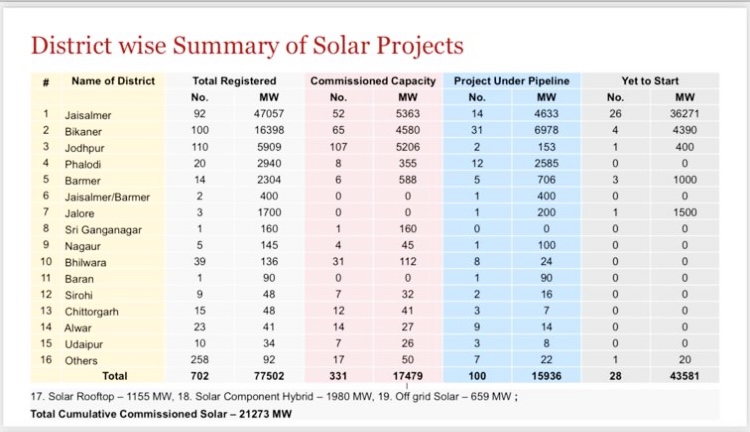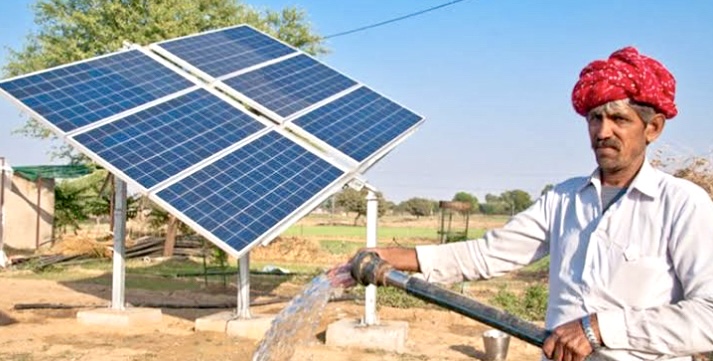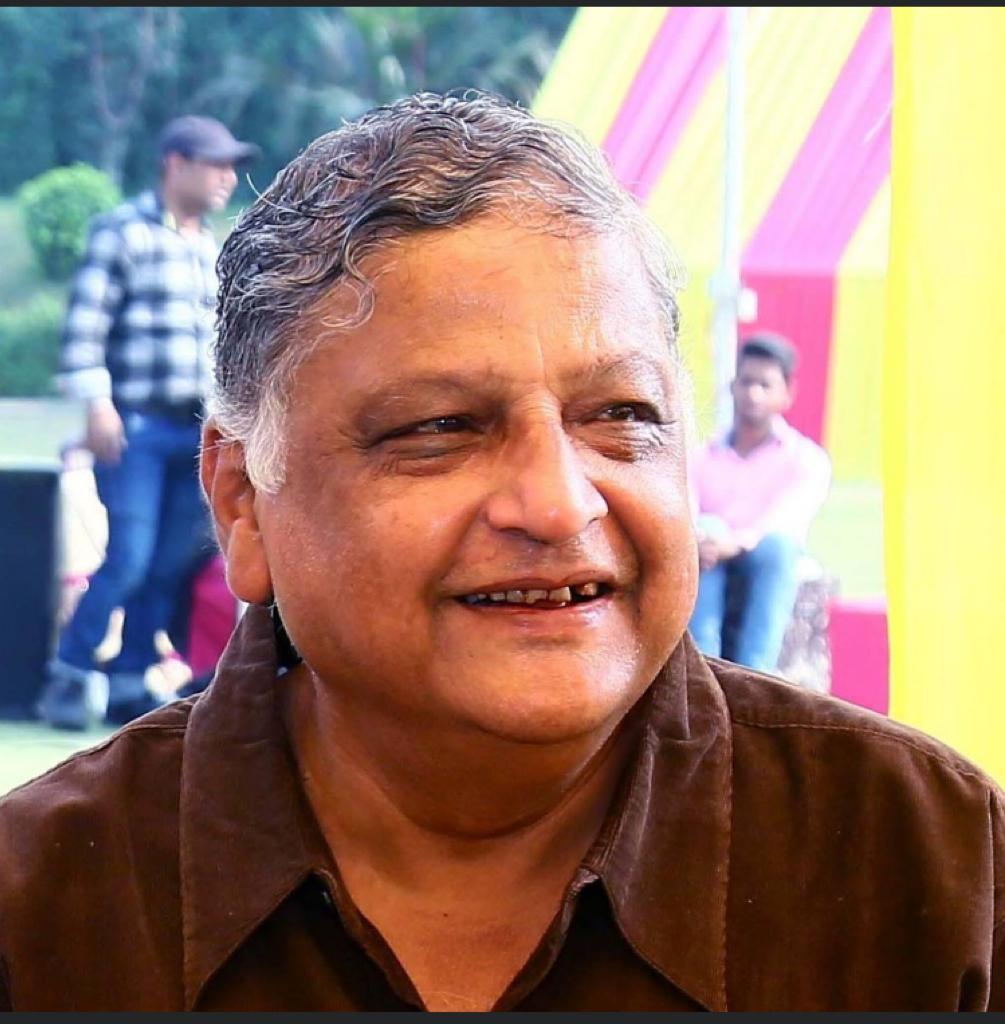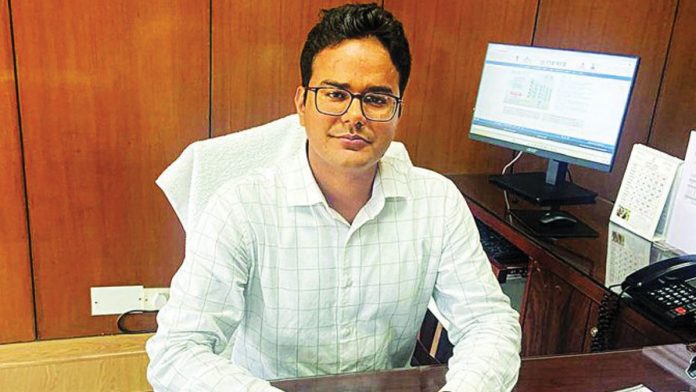25 years back when a young boy would see sun setting behind dunes in a remote village in Nagaur, little had he known the power of sun, which would rise and set everyday only to brighten households of that small hamlet.
Circa 2024, that young boy Nathmal has turned into Nathmal Didel, managing director of RREC, the nodal agency of Rajasthan government, which oversees and facilitates generation of renewable energy including from sun that has been brightening his house. He understands the power of solar energy – which has changed from mere Candela (unit of light intensity) to Megawatt (unit of power).
Rajasthan tops in solar power generation
Over the years, Rajasthan has become the top solar power generator in the country with an installed capacity of 21,000 MW. It has now set a target of generating 22,200 MW by 2030.

“We are on the way to generate 33,600 MW of power from renewable sources by 2030. It includes 22,200 MW from solar, 8,100 from wind and 3,300 from hydel,” said Didel.
He said that plans are being firmed up and the state government is aggressively pushing players to set up plants, they have committed with the government.
Currently, Rajasthan generates more than 40,000 MW of power with 27,000 MW coming from alternate sources.
“Renewable contributes more than 67% of the total power generation. We are continuously striving to reduce our dependence on thermals and other traditional sources,” said a RREC official.
Power evacuation is still a challenge
While there is clear path for power generation in the state, power evacuation is still a challenge. Didel, who doubles up as managing director of Rajasthan Vidyut Prasaran Nigam Limited, the state-owned company for power transmission, said that the state government is serious about laying robust transmission network across the state.
“We are working towards ensuring zero transmission loss. If we are able to evacuate the power generated in remote areas successfully, there will be excess power,” he said.
PM KUSUM to reduce transmission losses
He said that central government's PM-Kusum Scheme will be boon for rural electrification and ensuring uninterrupted power supply in villages.

Under Kusum A scheme, solar plants are installed on barren as well as cultivable land within five km radius of the sub-stations in order to avoid high cost of sub-transmission lines and to reduce transmission losses. The power generated is purchased by discoms at a fixed rate.
Similarly under Kusum C, individual farmers having grid connected agriculture pump are supported to solarise pumps. The farmer will be able to use the generated solar power to meet the irrigation needs and the excess solar power will be sold to DISCOMs at pre-fixed tariff.
“We are are implementing these schemes in a fast track manner to meet the growing needs of power. We aim to provide 24X7 electricity to remotest of the villages,” Didel said.

Prakash Bhandari is a veteran journalist with over 50 years of experience. He has worked with The Times of India for 30 years and contributed to leading publications as well as international news agency AFP.



